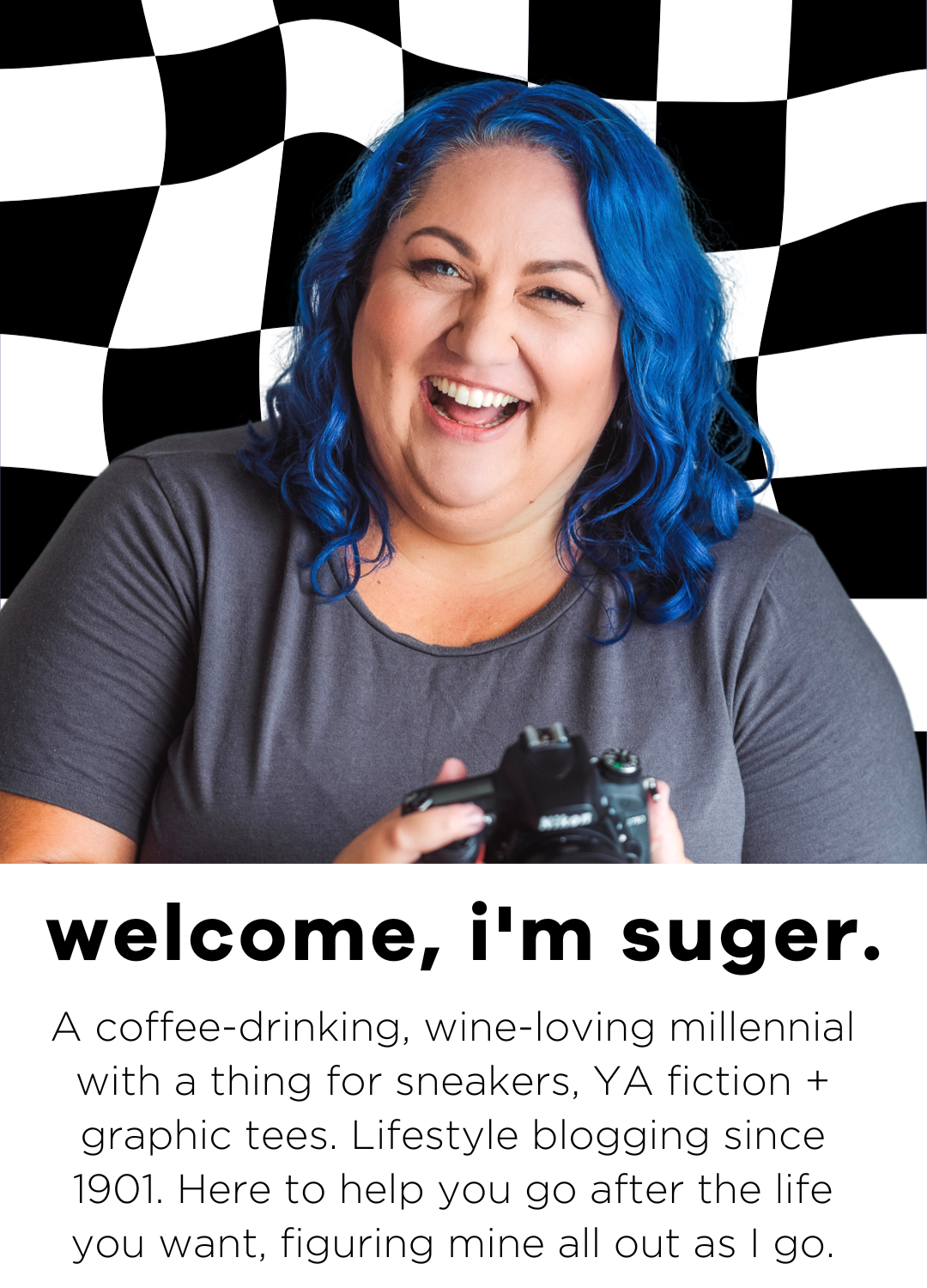Heading into this post about how to own your own home sooner I checked in with some of the people around me. Some are homeowners. Some give advice on borrowing money or purchasing property for a living. BUT, you should consider your own personal situation before taking on any of this advice. This is general information at best and does not form any sort of financial plan. Got that? Awesome, let’s talk owning your own home sooner.
There has been a lot of talk in the media in Australia about how hard it is to save for your first home and how it’s an endless struggle. As someone who purchased their first home really young, my personal experience of this is certainly different to those in major cities or without the privileges of being raised by real estate agency owners… I mean, politicians with millions of dollars in family money and pensions telling us to lay off the avocado toast is laughable.
Come oooonnnnn. *facepalm*
This fascination with real estate, the great Australian dream, has pushed prices up and up for decades. My first home was $115,000. You can still buy a generous home in my town for $300,000. But, that’s a long way from where we started, right? Some people pay one hundred thousand dollars for a car. Not me, but some people. Buying your own home, having something to show for your hard work (post-loan payments) is one of those tick the box, living the grown-up life boxes; for most people. And if that’s the case for you, I decided to put together a few ideas for ways to move your savings/deposit amounts forward to get you there sooner.
Simple ways to own your first home sooner.
State-based Grants.
Most states have some incentive to help first home buyers get into the market and being state-based they all differ slightly. The one that catches my eye the most (given I live in the state, relevant) is the Queensland government one.
Currently named Queensland First Home Owners Grant you may be eligible to receive up to $20,000 from the State government towards buying a brand new home or building one. This is particularly interesting to keep in mind if you compare the purchase price of 2 different properties one old and one new for the similar price you would be crazy not to do some extra sums to see if you’re better off with a brand new house potentially you designed yourself to suit your exact needs.
Bank-based incentives
Are you currently renting and struggling to save the deposit you need. Have a happy parent gift you a 5% deposit or use their property as additional security? It may be worth talking to a Mortgage Broker about which banks have a Rental History policy to get around the need to show genuine savings. Just because your bank requires you to save a 5% deposit (or more) before considering you for lending doesn’t mean all bank have the same requirement.
I had a friend recently who was told by their bank a specific “in house” rule was a government rule when clearly to an experienced investor that just wasn’t the case. Remember you are the customer when it comes to loans. YOU are buying their services. Shop around. Don’t give loyalty to your bank for free. Expect more from them.
Consider your options.
For me, owning my first home was possible because I lived in a rural area where my income was pretty in line with what I was going to have to pay for my house repayments. It was also around 2001, grain of salt. When you’re considering your options for buying a property for you to live in, it might require you to downsize your essentials list a little. And I’m not saying you’re unreasonable, there is no millennial bashing here. Take a look at your wish list, are there things there you could live without? Or is there a less ‘trendy/expensive’ area you could live your life in that doesn’t cost as much?
Superannuation savings scheme
This was first flagged in the budget last year, and it has finally come into effect (or at least more info now provided). From the 1st July 2017, You now can add extra to your super (on top of what your employer must put in) as a way to save money for your first home deposit. You can put a maximum of $30,000 (maximum $15,000 per year) into your superannuation towards your first home.
After 1st July 2018 withdraw this money as well as the “shortfall interest” (which is a not too shabby, currently 4.72%) it has earned to put towards the purchase of your first home. Obviously, there are rules around this and best to talk to a financial planner about your specific situation. But this may be a way to save for your first home and lower the amount of tax you pay at the same time. Win-win. What a great place to save your deposit rather than in a bank account. Especially if you’re like me and prone to spending ALL the monies.
Bonus for the kids.
Plus, a person under 18 can start to make the superannuation contributions too. They can’t apply for the money to be released until they are 18 years of age but that works, right? I bought my first home not long after my 18th birthday, with a savings plan and my parent’s connections. Not something that everyone has access to, obviously. But THIS savings scheme is a great way to get your kids interested in saving for their first property, their super and what is happening to it long before they’ll even miss that money.
For more info and even a background on this scheme.
There you go, team. Obviously, all of this is just to bring you some great options for owning your own home sooner. You should take into account your own personal financial situation before committing to any sort of savings or financial plan. I’m here to direct you towards something you might not know, not provide a one size fits all answer. Got it? Awesome. I’d love to hear from you how you’re going about saving for your first home? Or if you’re in there, what was it like for you? What did it take?
Hi! I’m Melissa Walker Horn. Around here, they call me Suger. I’m the Chief Blogger and doer of all the things here at Suger Coat It. Blogging since 1901; I love a casual ootd, taking photos, and writing about things that irk or inspire me. I love wine and cheese, long days at the beach and spending time with my family. I make stuff for the internet over at Chalkboard Digital. You know, living the sweet life.






Sixteen years ago I got into the market with a first home buyers deal and built. We almost paid it off and we then bought an investment property. We are paying that off now, but if we sold one of our houses we would out of debt with a house to spare. We are in regional SA, so much cheaper than the cities. It is mind boggling how expensive housing is in other places.
I’m in a regional area too, it certainly makes a big difference (even now) to your cost of living and what you can afford to own and pay down. It’s SO mind boggling. You certainly have to think a little outside of the box these days to get into the market.
$115,000???!!! :O I can’t even imagine that in Sydney. Having said that, I was fortunate to get into the Sydney market before it went completely bonkers. I still own my two-bedroom unit (along with the bank) which is currently rented out but I got it in 2009. Still a good investment. I miss it some days.
Uh huh. Small town living. My current house cost me less than $350,000. It’s a two hour trip to Brisbane, but I love it here. It’s my compromise for having what I want. And that’s it, right? If it’s something you want, you just have to get in as soon as you can. Hopefully these schemes will help someone who really wants that place of their own.
Everything has changed so much since the early 2000s – we bought our first home around the same time as you, for $136,000. Now, you can’t buy anything around here for less than $400,000. It’s hard to break into the market but it’s good to know there are ways first home owners can accelerate their savings and get some assistance to make their dream, a reality.
Right? And I think in another 15 years, I’d hate to think how much they’ll charge for houses then! I mean, get in as soon as you can and never leave. Haha. I thought so too about the assisted savings schemes, interesting indeed.